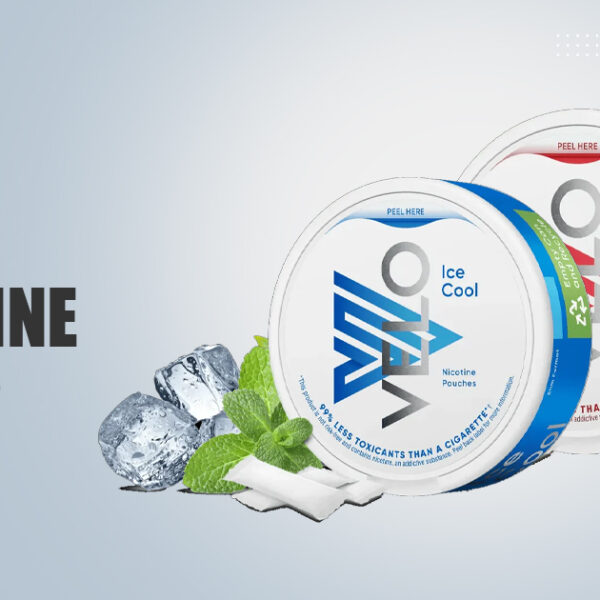In today’s interconnected world, the demand for seamless global shipping has never been higher. Businesses and individuals alike rely on freight forwarding services to ensure goods are transported safely, efficiently, and on time. Whether you’re dealing with ocean freight, air freight, or a combination of both, understanding the role of sea air freight forwarders is crucial to achieving smooth logistics operations.
What Are Sea & Air Freight Forwarders?
Sea air freight forwarders act as intermediaries between shippers and transportation services. They manage the logistics of shipping goods across international borders, ensuring compliance with regulations, proper documentation, and timely delivery. By leveraging their expertise, forwarders streamline the process of moving cargo, whether it’s by sea, air, or a combination of both.
When choosing a freight forwarder, it’s essential to understand the unique advantages of combining sea and air freight. This hybrid approach allows businesses to balance cost, speed, and reliability, making it an ideal solution for time-sensitive shipments that require cost-effective options.
Benefits of Sea and Air Freight Forwarding
- Cost Efficiency: Combining sea and air freight can significantly reduce shipping costs for goods that don’t require expedited delivery throughout the entire route.
- Speed and Flexibility: While sea freight is economical, air freight offers unmatched speed. The combination ensures flexibility for varying shipping needs.
- Global Reach: Freight forwarders utilize extensive networks, ensuring smooth transit between countries like Australia, China, and Singapore.
- Simplified Logistics: Forwarders handle documentation, customs clearance, and other complexities, leaving businesses free to focus on their core operations.
Understanding Sea Shipping from Australia to Singapore
For businesses in Australia looking to transport goods to Singapore, sea shipping from Australia to Singapore offers a cost-effective solution. This mode of transport is ideal for large shipments that are not time-sensitive but require reliable delivery. Shipping goods by sea allows businesses to benefit from economies of scale, especially for bulky or heavy cargo.
With the help of experienced forwarders, sea shipping routes are optimized to ensure minimal transit times while maintaining cost efficiency. Choosing the right freight forwarder ensures that goods arrive in Singapore safely, with all customs and regulatory requirements handled professionally.
Why Use a China Freight Forwarder to Singapore?
China remains one of the world’s largest manufacturing hubs, making it a key partner for businesses in Singapore. Partnering with a reliable China freight forwarder to Singapore ensures that goods are transported efficiently across the region.
Freight forwarders specializing in this route understand the unique requirements of shipping from China, including:
- Customs Regulations: Navigating the complex import-export rules between the two countries.
- Timely Deliveries: Leveraging optimized routes and schedules for faster transit.
- Cost Management: Offering solutions that balance shipping speed with affordability.
By working with a trusted China freight forwarder, businesses can streamline their supply chains and minimize potential disruptions.
Choosing the Right Freight Forwarder Service
Selecting the right freight forwarder service is key to ensuring hassle-free global shipping. Here are some factors to consider:
- Experience: Look for forwarders with extensive expertise in handling sea and air freight, as well as specific routes like Australia-Singapore and China-Singapore.
- Global Network: Ensure the forwarder has a robust network of partners to facilitate smooth shipping operations.
- Transparent Pricing: Opt for forwarders who provide clear cost breakdowns and no hidden fees.
- Customer Support: A reliable service should offer consistent communication and updates on your shipment’s status.
- Value-Added Services: Some forwarders offer additional services like packaging, warehousing, and insurance to enhance the shipping experience.
How Sea Air Freight Forwarders Optimize Shipping Solutions
By combining sea and air freight, forwarders create a hybrid shipping model tailored to specific cargo needs. Here’s how they optimize the process:
- Route Planning: Forwarders design routes that balance speed and cost, often shipping goods by sea for long-haul segments and switching to air for the final leg.
- Cargo Management: With expertise in handling different types of goods, forwarders ensure proper packaging, labeling, and documentation.
- Real-Time Tracking: Advanced tracking systems provide visibility into shipment progress, enhancing reliability and trust.
The Role of Technology in Freight Forwarding
Modern freight forwarders leverage technology to improve efficiency and transparency. From digital platforms that streamline booking and tracking to AI-driven route optimization, technology plays a critical role in meeting the demands of global shipping.
Conclusion
Sea and air freight forwarders play an indispensable role in facilitating global trade. By leveraging their expertise, businesses can navigate the complexities of international shipping with ease. Whether it’s sea shipping from Australia to Singapore, partnering with a China freight forwarder to Singapore, or using a trusted freight forwarder service, the right partner ensures that goods are delivered efficiently, cost-effectively, and reliably.








